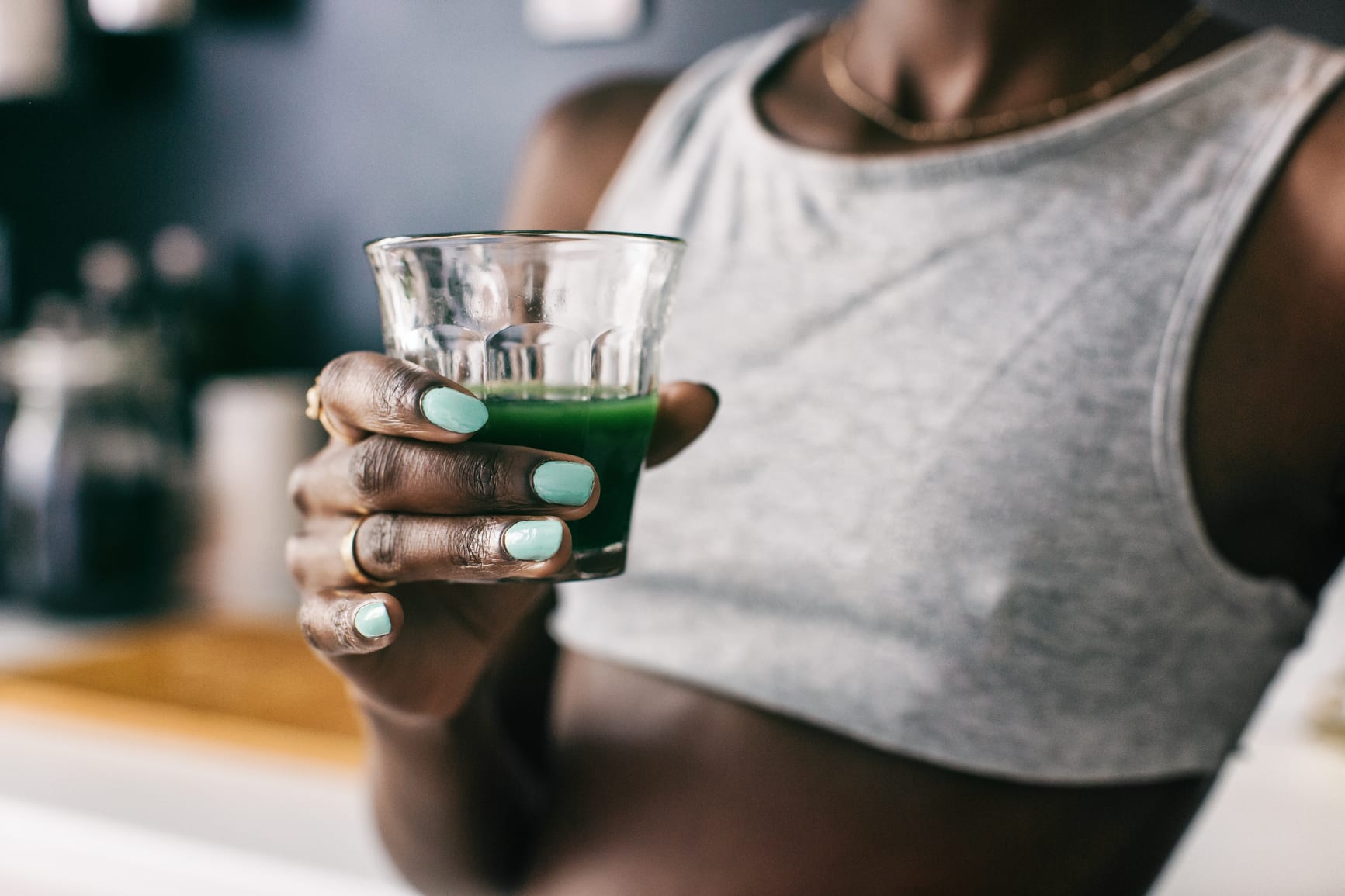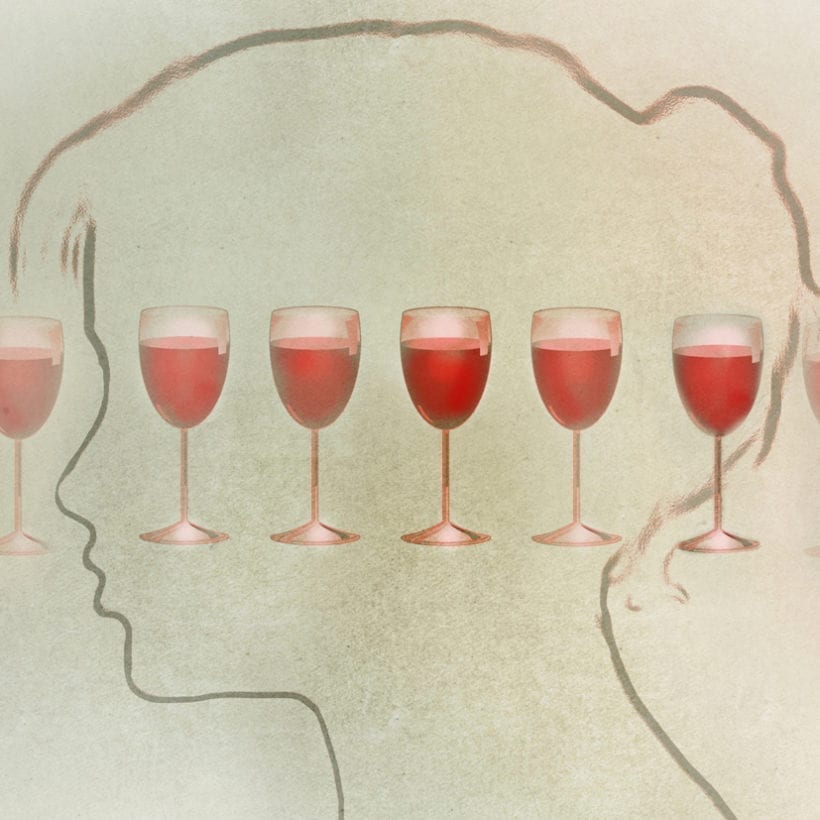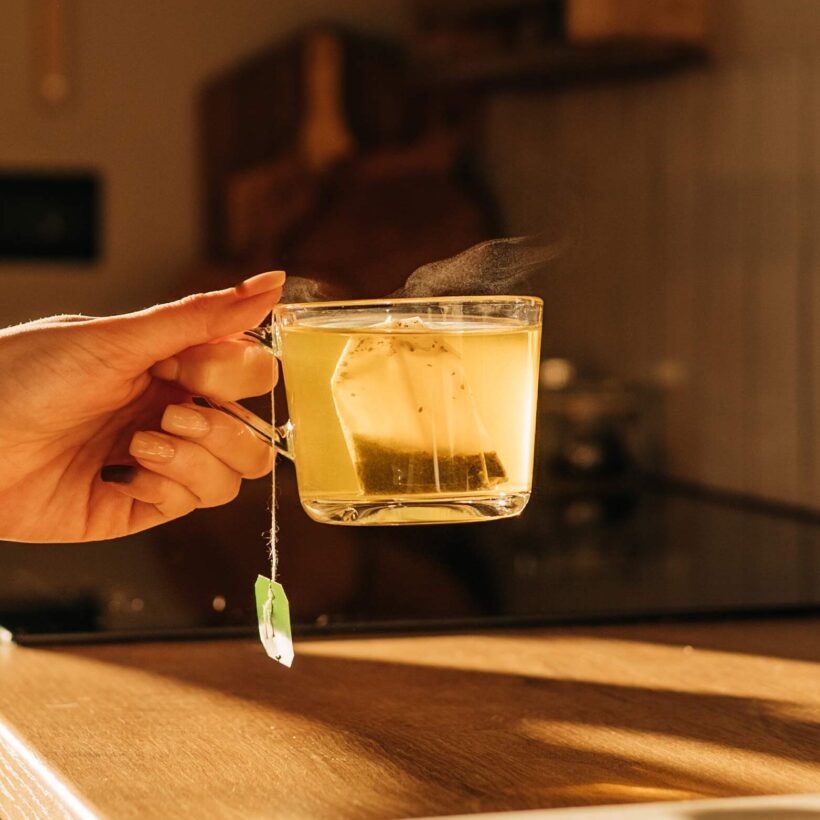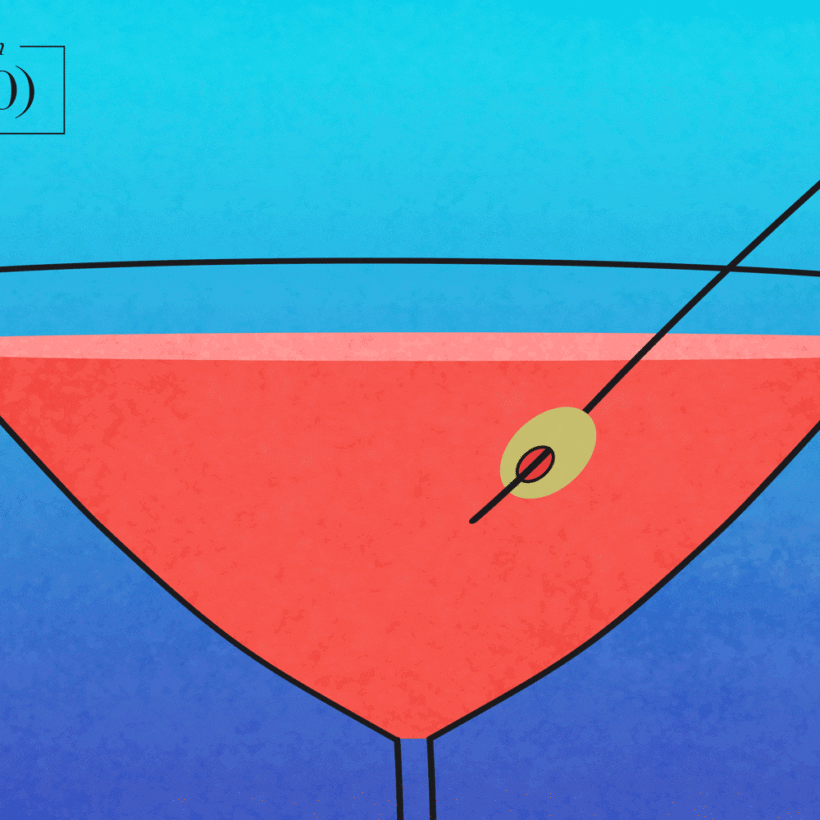When you enter a grocery store or browse any online health shop, chances are you will be overwhelmed with beverage choices. Gone are the days of just soda or juice, you’re now spoiled for choice with soft non-alcoholic options. Not only that, many proclaim to boost your health and wellbeing. It’s an enticing proposal and one drinks companies are keen to cash in on. In fact, the global functional beverages market reached a value of nearly $128,660 million in 2019, having increased at a compound annual growth rate (CAGR) of 4.6% since 2015. It is projected to grow at a CAGR of 6.96% during the forecast period (2021 – 2026). It’s certain these drinks aren’t going anywhere fast but are they actually good for you. We dug a little deeper.
What are they exactly?
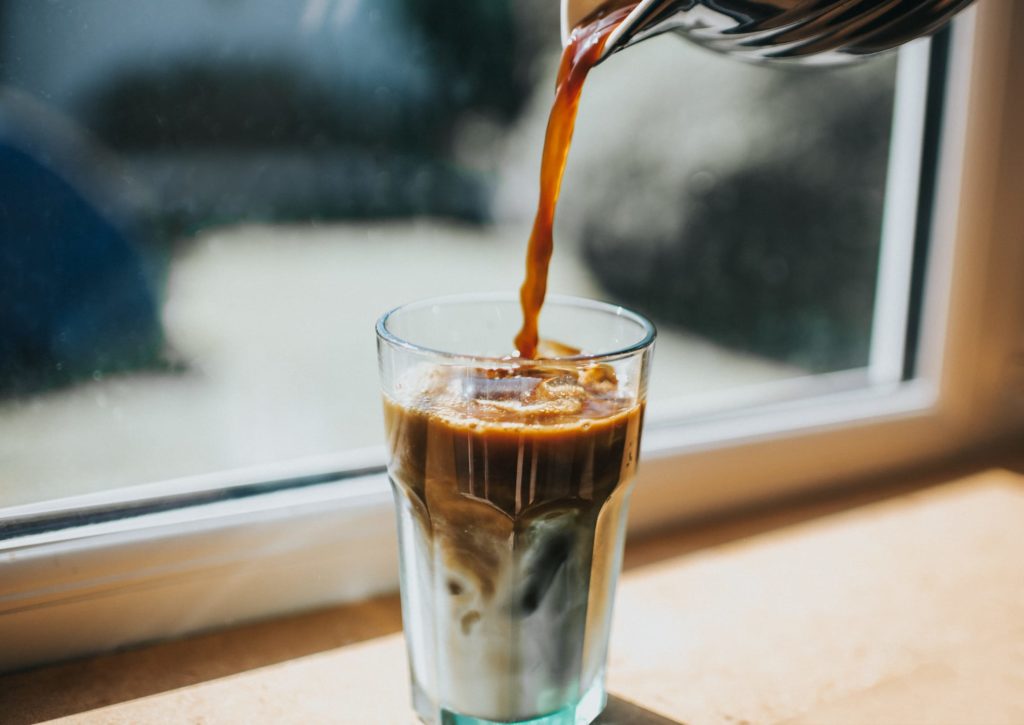
The term functional drinks encompass a large category of soft beverages — and there isn’t one strict definition. “Functional drinks are non-alcoholic beverages that are formulated using unconventional ingredients including prebiotics, probiotics, vitamins, minerals and phytonutrients,” Nutritional Therapist Ami Sheward explained. Ultimately, they are designed to enhance health and wellness goals. There are many different types of functional drinks including vitamin waters, energy drinks, fortified juice, sports drinks, dairy and dairy alternative drinks, enhanced water products, ready-to-drink tea and coffee. What differentiates them from a standard drink is that they claim to boost your health in some way. This could be supporting digestive health, increasing energy, strengthening the immune system, improving the skin or helping you with controlling anxiety or getting better sleep.
What are the benefits?
Choosing drinks that come fortified with additional nutrients or vitamins can be an easy way to add these ingredients to your diet. Some people find they are easier to consume than supplement capsules or powders. For example, they are easy to drink, can slot simply into your routine and work well on the go.
Different types of functional drinks have different benefits. Herbal teas, which have been used throughout history to boost health, have been given a modern makeover in recent times but their same benefits still stand. “There are a wide variety of functional teas from green to fruit-infused blends and they all contain the added health benefits of phytonutrients, compounds that give plants their flavour, aroma and colour,” Sheward noted.
Sports drinks containing branch chain amino acids and electrolytes that are ideal for those looking to hit it hard in the gym. “These will help keep you hydrated and replace the salts and electrolytes you lose when sweating,” Nutrition Coach Lisa Monger explained.
CBD-infused drinks can be great for anxious days or in the evening to wind down while probiotic blends like kombucha can help if you’re suffering from gut issues.
The concerns and controversy
While all these drinks may claim to improve health, it’s important to be wary of what wellness washing might be going on here. Drinks brands know that health claims help sell their drinks so are likely to exaggerate them. This is especially easy considering much of the language used in marketing is quite loosely regulated. Always remember to check ingredient lists carefully as all products aren’t made equal.
Firstly, is the active ingredient the product touting actually included in sufficient amounts? Secondly, what other ingredients are in the beverage, and are these healthy? “Many functional drinks are also high in sugar or sweetener,” Nutritional Therapist Anne Iarchy points out.
Also, not all ingredients are suitable for everyone and while they might benefit one condition, they might worsen another. Iarchy gives the example of licorice tea. “It’s great when you have a sugar craving but not recommended for those with high blood pressure,” she advises.
Overconsumption is also an issue. “As with most things the poison is in the dose,” Monger highlighted. Sometimes this can lead to addiction, especially with caffeine-based drinks. “Energy drinks have been under increasing scrutiny in recent years due to the high levels of caffeine, sugar and chemicals within the drinks. Some countries even have an age limit due to the worrying numbers of children consuming these addictive drinks,” Sheward explained. “The more you consume, the more your body needs it, like with coffee or any other addictive substance,” Iarchy concurred.
Similarly, these drinks should not be relied upon or thought of as some sort of panacea. “They are no substitute for improving your overall diet, drinking more water, managing your stress and getting enough sleep to allow your body to recover and repair,” Monger said. “They can be a good addition to supplement a healthy approach to food and a healthy lifestyle, but be careful not to think they will fix everything,” she added.
If in doubt, check in with a professional. If you’re looking to overhaul your diet or improve the way you are eating, it is always beneficial to seek help from an expert to support your journey and ensure you are doing it in the most healthy possible way.
We only recommend products we have independently researched, tested, and loved. If you purchase a product found through our links, Sunday Edit may earn an affiliate commission.
